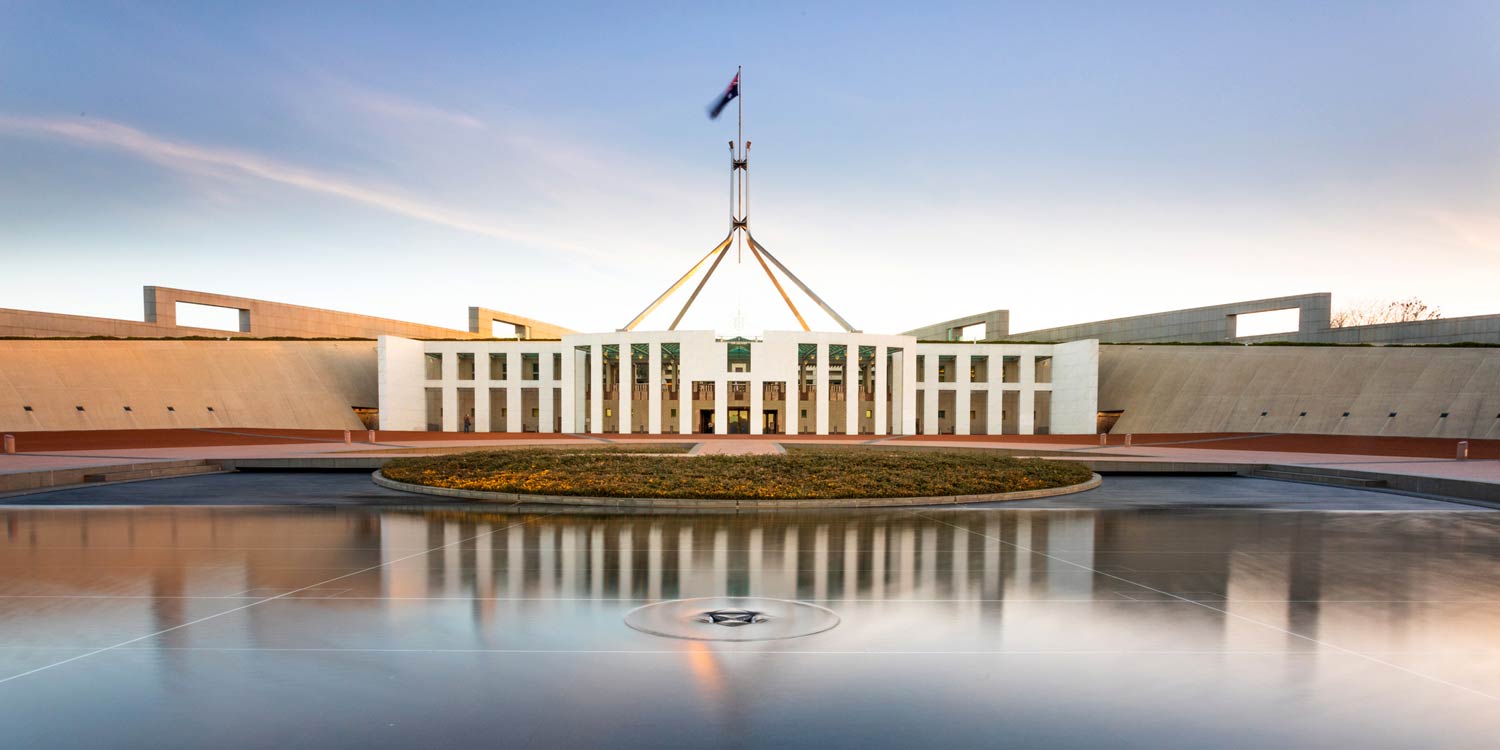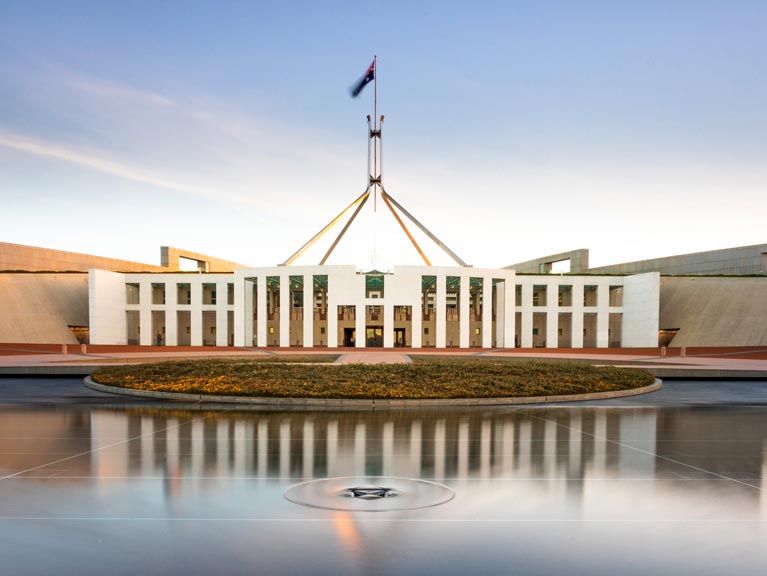Federal Budget 2022-23: What it means for super
30 Mar 2022 5 min readThis year, the Federal Government made no major announcements about superannuation in its Budget. There were no changes to the way super is taxed, or to the concessional or non-concessional contributions caps.
Unfortunately, the Budget did not contain any meaningful policies or measures that address the superannuation gap suffered by women.
Key measures for super
Continued reduction of minimum drawdown rate
The Government has extended the 50 per cent reduction of the minimum drawdown requirement for account-based pensions up until June 2023. This affects members in a super income stream product like our NGS Income account. Members can continue to draw as little as 2% of the account-based pensions for another financial year.
No changes to the superannuation guarantee
The Budget is silent on the legislated superannuation guarantee schedule, ensuring the 0.5% increase to 10.5% will go ahead on 1 July 2022.
Previous Budget measures scheduled to come into effect on 1 July 2022
Removal of $450 monthly income threshold
The $450 monthly threshold prevents an estimated 300,000 low paid workers, 63% of whom are female, from receiving mandatory employer super contributions. The removal of this threshold will ensure this cohort of workers are paid super.
New threshold for the first home super saver scheme
Currently, eligible members buying their first home can use the first home super saver (FHSS) scheme to access up to $30,000 from their super. This amount will increase to $50,000 (plus earnings, less tax) from 1 July 2022. You need to have made eligible contributions to your super first to access this money. Visit our FHSS scheme page for more detail on how the scheme works.
Work test abolished for those aged between 67 and 74 years
Individuals aged 67 to 74 years (inclusive) will be able to make or receive non-concessional (including under the bring-forward rule) or salary sacrifice superannuation contributions without meeting the work test1, subject to existing contribution caps. Individuals aged 67 to 74 years will still have to meet the work test to make personal deductible contributions.
New age threshold for downsizers
The downsizer scheme, which allows you to make a one-off contribution of up to $300,000 ($600,000 for a couple) to your super from the sale of the family home, is currently only available to those aged 65 and above. From 1 July 2022, the minimum age will be 60 (note: the minimum age was further reduced to 55 from 1 January 2023).
You can read more about the scheme, including eligibility and important considerations, on our downsizer contributions page.
Home Equity Access Scheme (formerly Pension Loans Scheme)
From 1 January 2022, the Pension Loans Scheme is known as the Home Equity Access Scheme. Under this scheme, eligible retirees may be able to secure a government loan using the equity in any property they own.
The upcoming change to the scheme means that from 1 July 2022, there is an option to receive 2 lump sum payments — currently fortnightly payments only are available.
Wondering about your super?
NGS Super has a dedicated team available to help you understand your superannuation, investments, and insurance.
1 The work test requires those aged between 67 and 74 to be gainfully employed for at least 40 hours over 30 consecutive days during the financial year before concessional or non-concessional superannuation contributions can be made.


